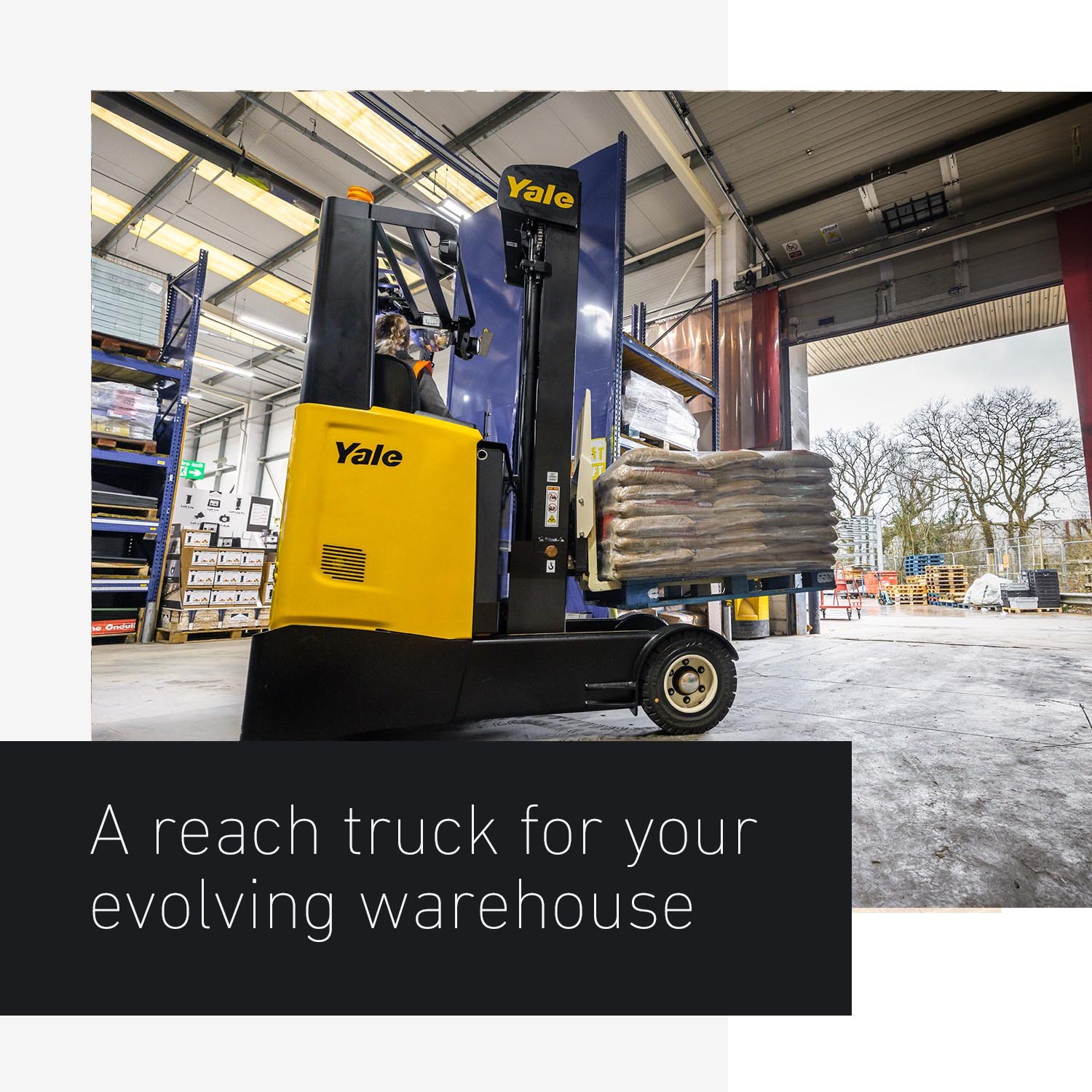
Articles

Electric forklift truck In today’s modern industrial landscape, businesses are increasingly embracing electric forklift trucks as a sustainable and efficient alternative to traditional internal combustion engine (ICE) forklifts. So, in this article, we will explore the benefits and capabilities of electric forklift trucks, focusing on the targeted keyword: “electric forklift truck.” By adhering to SEO standards, we aim to provide valuable insights into how these eco-friendly machines can revolutionize material handling operations while reducing environmental impact.
The Rise of Electric Forklift Truck:
Overview of electric forklift trucks and their growing popularity
Advantages of electric-powered vehicles over conventional ICE forklifts
Environmental benefits, including reduced emissions and noise pollution
Critical Benefits of Electric Forklift Trucks:
Improved Energy Efficiency: Discuss how electric forklifts convert energy more efficiently, leading to longer operating hours and reduced energy consumption.
Lower Operating Costs: Exploring the potential cost savings associated with electric vehicles, including reduced fuel and maintenance expenses.
Enhanced Workplace Safety: Highlighting the advantages of electric forklifts in terms of reduced vibration, improved stability, and ergonomic features.
Environmental Sustainability with Electric Forklift Trucks:
Zero Emissions: Emphasizing how electric forklift trucks contribute to cleaner air quality and a reduced carbon footprint compared to ICE forklifts.
Noise Reduction: Discussing the quieter operation of electric forklifts, making them suitable for noise-sensitive environments.
Sustainable Energy Sources: Touching upon the compatibility of electric forklifts with renewable energy sources, further enhancing their eco-friendly profile.
Performance and Versatility:
Electric forklift truck capabilities: Highlighting the power, maneuverability, and lifting capacity of electric forklifts across different applications.
Advanced Features and Technologies: Exploring innovations such as regenerative braking, and lithium-ion battery technology.
Adaptability to Various Industries: Illustrating how electric forklift trucks cater to diverse sectors, including warehousing, manufacturing, logistics, and retail.
Overcoming Challenges and Considerations:
Charging Infrastructure: Discussing the importance of establishing an efficient charging infrastructure to support electric forklift operations.
Battery Maintenance and Management: Highlighting best practices for battery maintenance, including proper charging, monitoring, and replacement strategies.
Training and Skill Development: Addressing the need for comprehensive training programs to equip operators with the knowledge and skills to handle electric forklift trucks safely and efficiently.
Case Studies: Successful Implementation of Electric Forklift Trucks
- Company X reduces carbon emissions by 50% after transitioning to electric forklifts.
- Company Y experiences a 30% reduction in operating costs through the use of electric forklift trucks.
- Company Z improves workplace safety and employee satisfaction by adopting electric-powered material handling equipment.
Future Trends and Innovations:
Advancements in Battery Technology: Discuss emerging battery technologies, such as fast-charging, high-capacity, and swappable batteries.
Also, autonomous and Smart Features: Exploring the integration of artificial intelligence and automation in electric forklifts, leading to increased efficiency and productivity.
Improved Operator Experience:
Reduced Vibrations: Electric forklift trucks offer a smoother and quieter operation compared to ICE forklifts, resulting in reduced operator fatigue and improved comfort during long shifts.
Ergonomic Design: Many electric forklifts are designed with ergonomic features, such as adjustable seating, to promote operator comfort.
Precise Control: Electric forklift trucks control acceleration, deceleration, and maneuverability, allowing operators to navigate tight spaces.
Government Incentives and Regulations:
Many governments and regulatory bodies incentivize the adoption of electric vehicles, including electric forklift trucks, through grants, tax credits, and subsidies. Also, these incentives can help businesses offset the initial investment and encourage the transition to cleaner technologies.
Increasingly stringent emissions regulations and noise restrictions in urban areas also drive the shift towards electric forklifts, as they offer a compliant and sustainable solution for businesses operating in environmentally sensitive zones.
Total Cost of Ownership (TCO):
While the upfront cost of electric forklift trucks may be higher than their ICE counterparts, considering the TCO over the equipment’s lifespan reveals potential long-term savings. Factors such as lower fuel costs, reduced maintenance requirements, and longer equipment lifespan contribute to a more favorable cost analysis for electric forklifts.
Charging Options and Flexibility:
Electric forklift trucks can be charged through various methods, including standard charging stations, opportunity charging during breaks, or fast charging options. Businesses can choose the charging strategy that best suits their operational needs, ensuring minimal downtime.
Telematics and Fleet Management:
Many electric forklifts come equipped with telematics systems that provide real-time data on equipment performance, battery health, and operator behavior. Also, these systems enable businesses to monitor and optimize fleet operations, identify maintenance needs, and schedule battery charging or changing effectively.
Collaboration with Renewable Energy Sources:
Electric forklift trucks can align with renewable energy initiatives as the world transitions to cleaner energy sources. So, businesses can explore partnerships with renewable energy providers or invest in on-site solar panels or wind turbines to generate clean electricity for charging their electric forklift fleet, reducing their environmental impact.
Training and Certification Programs:
Proper training and certification programs are essential for operators to safely and efficiently handle electric forklift trucks. Training should cover topics such as battery handling, charging procedures, maintenance requirements, and safe operating practices. By investing in comprehensive training programs, businesses can ensure a skilled workforce that maximizes the potential of electric forklifts.
Industry Collaboration and Knowledge Sharing:
Industry associations, trade shows, and conferences provide platforms for businesses to share experiences, insights, and best practices related to electric forklift trucks. Also, collaborating with peers, suppliers, and experts in the industry can help businesses stay updated on the latest advancements and emerging technologies.
Environmental Certifications and Corporate Social Responsibility:
Adopting electric forklift trucks aligns with corporate social responsibility goals and demonstrates a commitment to sustainability. So, businesses can pursue environmental certifications and accreditations to showcase their eco-friendly initiatives, attracting environmentally conscious customers and stakeholders.
Conclusion:
Electric forklift trucks represent a significant step towards a more sustainable and efficient future in material handling. So, by embracing these eco-friendly vehicles, businesses can enjoy benefits ranging from reduced operating costs to enhanced workplace safety. As technology continues to advance, electric forklift trucks will play an increasingly pivotal role in optimizing operations.

